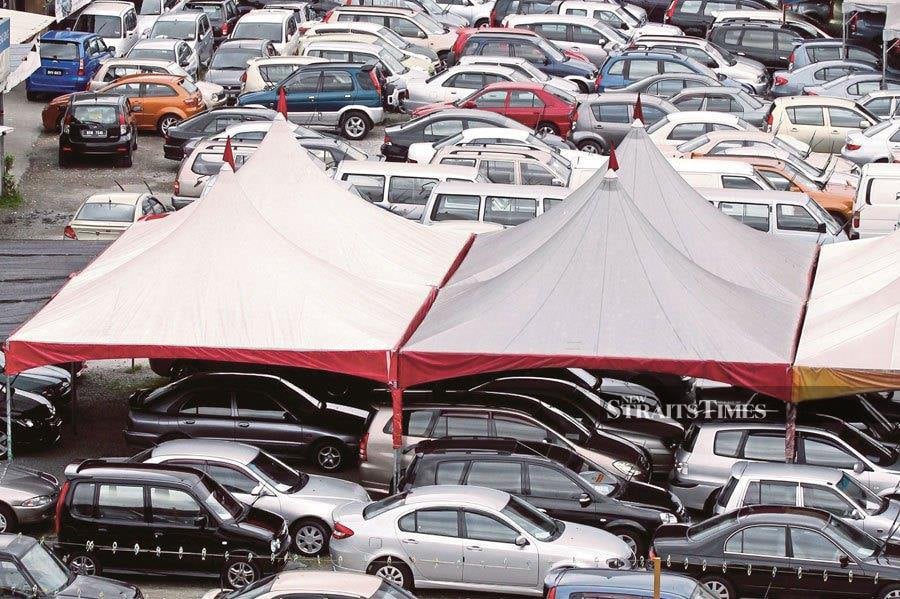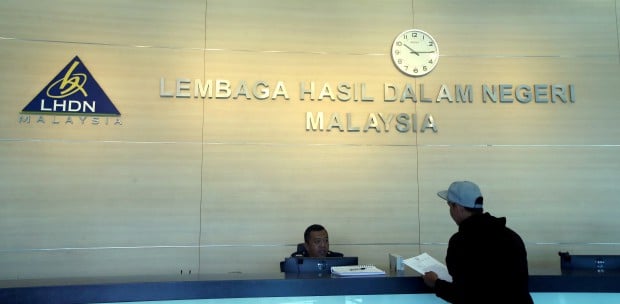Buying a car is sometimes like playing the lottery. Buyers either win or lose after collecting their new rides.
For the winners, the car proves a good bet, serving the owners for many years without much trouble for as long as the vehicle is regularly maintained.
The car's dependability would inspire friends and neighbours to buy the same marque and make.
Here comes the other situation. The friend or neighbour collects a new car of the same marque and make from the same dealership. But barely a few kilometres later, trouble starts.
The car windows won't operate properly, weird noises come from an unidentified source, or worse, the engine sputters and dies, refusing to ignite despite coaxing and jump-starting. What gives?
The car manufacturer has a good reputation, yet some cars sold were duds. Technically, it isn't the fault of the manufacturer or the dealership.
The fault was eventually traced to parts supplied by the myriad third-party vendors, some honest and diligent, while others only saw a quick and easy buck by cutting corners and supplying defects.
The story of despondent owners of locally manufactured cars that broke down almost immediately after purchase has been heard for decades.
Initially, the manufacturers, especially local ones, cited contractual obligations and claimed that glitches uncovered by the sale and purchase agreement should be borne by the new car owner.
Decades before, the car manufacturer might have been able to get away with that sorry excuse, but in the age of social media when issues can go viral fast, the manufacturer usually gives in and promises to either repair or replace the car.
The fact that the massive social media outrage was adversely affecting its image and sales might have something to do with that humiliating concession.
Nevertheless, the third-party vendors who supplied the defective parts are safe in their sweet spot, shielded from the blame game.
Under normal manufacturing processes, local vendors that supply defective parts would be warned or have their services terminated. But somehow, these consequences don't apply to these vendors — they are politically connected and protected.
No matter how bad the parts supplied, car manufacturers will be "persuaded" not to blacklist these errant vendors, fearing a political backlash that could affect the supply chain.
The vendors will, of course, give assurances about the quality of their parts, but it's nearly impossible to achieve, not when parts originally contracted for are sub-contracted several times over.
That is until it hits the final line of sub-contractors willing to fabricate parts according to the manufacturer's specifications, but by this time, the payment would have dwindled to a pittance and this is reflected in the cruddy quality of parts.
Until the government reforms this broken system, including enforcing better after-sales consumer protection laws, car buyers have little choice but continue trying their luck on this lottery.





